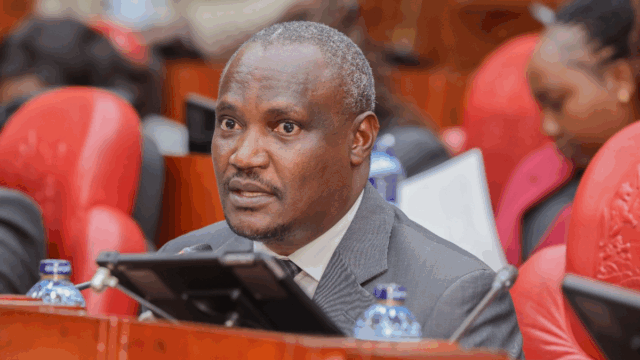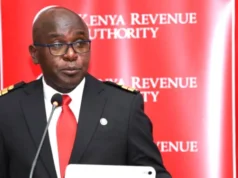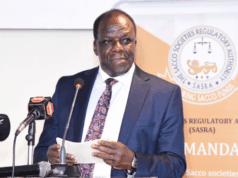A shockwave looming in Education sector as pain amounts to the parents.
The Kenyan government has acknowledged it is no longer able to fully finance the Free Primary and Free Day Secondary Education programs, marking a major shift in the country’s education policy that could deeply impact millions of learners.
Free Primary and Secondary Education has been active since Kenyans independence under former Presidents.
Julius Ogamba, Education Cabinet Secretary, speaking during a session with Parliament’s Education Committee, cited massive budget deficits and delayed disbursements from the National Treasury as the key reasons behind the funding shortfall. He noted that the current allocation can no longer meet the rising cost of teaching materials, infrastructure, capitation, and administrative costs in public schools.
“We are doing our best with what is available, but the financial reality is that we are overstretched,” said Ogamba
What This Means for Parents and Schools
Backed up by Treasury cabinet Secretary John Mbadi, Parents are about to feel turbulences.
Parents across the country are already reporting increased costs in what were previously ‘free’ schools — including requests for development fees, exam charges, and lunch programs.
School heads say they have been forced to either scale down operations or ask parents for support to keep basic services running.
In several counties, public secondary schools have issued circulars notifying parents of new levies. Headteachers say they are under pressure to maintain quality despite delayed government disbursements, which are meant to be quarterly but have arrived late or in low
The Bigger Picture: A Shift in Priorities?
This comes at a time when the government is heavily investing in high-profile infrastructure projects, such as Talanta Stadium, and facing increased debt obligations. Critics say the decision to cut education funding contradicts the administration’s stated commitment to empowering the youth.
Opposition leaders and education activists are calling for urgent budget realignment, warning that the move risks deepening inequality and reversing decades of progress in access to basic education.
Gen Z Reactions: “This Is Not the Future We Were Promised”
Young Kenyans on social media platforms like X (formerly Twitter) and TikTok are expressing outrage, using the hashtags #FreeEducationWasALie and #SaveOurSchools. Many see the move as a betrayal of promises made under the new Competency-Based Curriculum (CBC), which demands more resources than the traditional system.
What’s Next?
The National Assembly is expected to debate a supplementary education budget in the coming weeks. Meanwhile, the Teachers Service Commission (TSC) has warned that teacher shortages and overcrowded classrooms will worsen if the situation is not addressed urgently.















